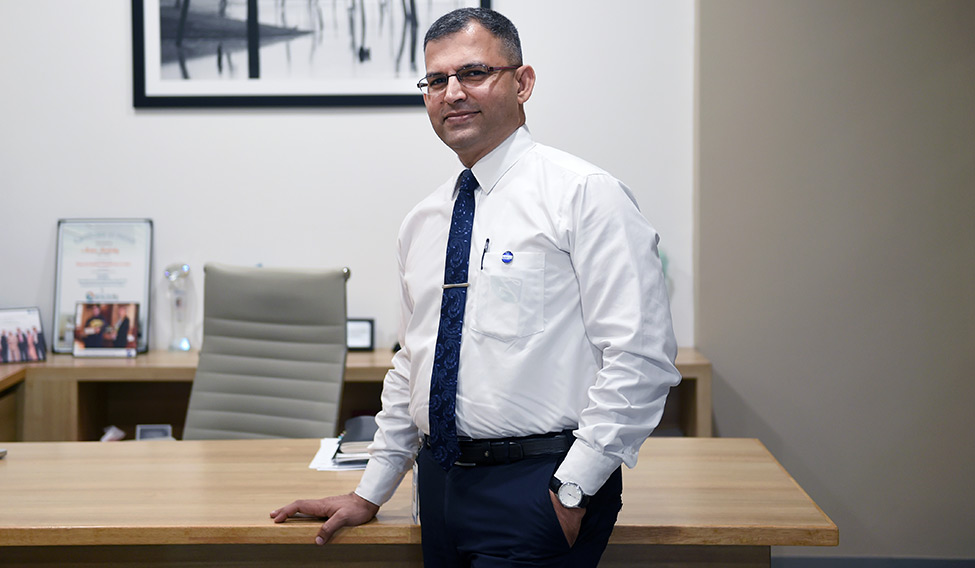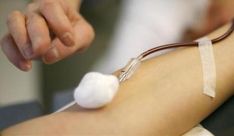Core Medical Training (CMT) forms the first stage of specialty training for doctors in the UK. After hospitals in the UK and Iceland, Aster Medcity will be the only one that offers it. For this, it has partnered with the London, Edinburgh and Glasgow Colleges of Physicians in the UK. The programme will be for three years and, at the end of it, trainees will need to complete workplace-based assessments as well as their MRCP (UK) examinations.
The Membership of Royal College of Physicians of the United Kingdom—MRCP (UK)—is a postgraduate medical diploma which has three parts: Part 1, Part 2 and PACES (Practical Assessment of Clinical Examination Skills). In Part 1 and Part 2, the trainee is tested on her knowledge of common disorders, ability to plan investigation and make prognosis. PACES is designed to test the clinical knowledge and skills of the trainee. Aster Medcity is the first hospital in Kerala and the third in India to be chosen as a centre for PACES to be conducted. The other two centres are in Chennai and Kolkata.
Dr Harish Pillai, CEO of Aster Medcity, says this will lead to the production of more world-class doctors from India. “This is a validation of our capabilities and the quality of facilities we offer,” he says. “I hope this will strengthen the medical eco-system in Kerala.”
Dr Sony Jacob, cardiologist at the American Mission Hospital in Bahrain, vividly remembers clearing PACES in 2013. In it, there are five clinical stations with patients or trained surrogates and two examiners who will observe and evaluate the trainee’s performance.
“I was working in Muscat when a friend told me that it would be advantageous to my career to get an MRCP (UK) diploma,” he says. “I cleared Part 1 and 2 and came to Chennai to do PACES. The structure of the exam was very different as they tested us on skills which a doctor doesn’t really need in India. For example, they had a module on breaking bad news, where you would be tested on your ability to inform a relative about the death of his loved one. Then you would be tested on your ability to take detailed case histories. The patient will recount the history of his illness and you will be assessed on how many pertinent questions you can ask based on the information provided. Then you would be tested on your knowledge of each of the systems, whether it be respiratory or cardio-vascular.”
“Inspectors from the Royal Colleges came to visit Aster to assess our facilities and capabilities,” says Dr Pillai. “We, too, sent a few of our senior faculty to get training from the UK. It was only after all the conditions were met that we got the green signal to conduct the CMT programme.”
Dr Narayanan Unni, director, academic affairs, says that this programme offers a chance for medical graduates in India to undergo the structured training in Internal Medicine as per the curriculum and syllabus of the Royal College of Physicians, UK.














